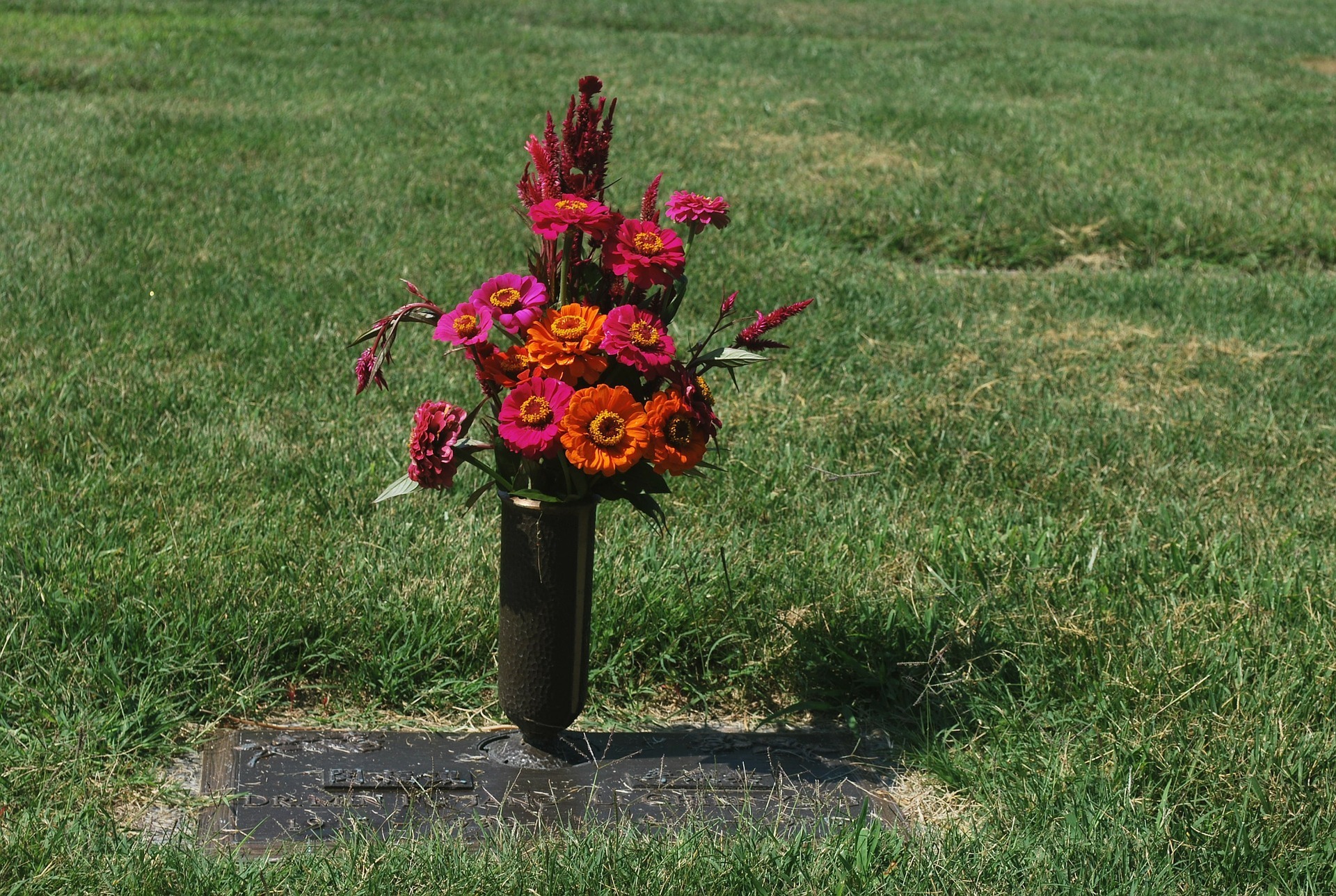In the village of Dhurguda near Jagdalpur, district Bastar, Chhattisgarh the death of a Christian man sparked a significant dispute over burial rights, highlighting the ongoing tensions surrounding religious conversions in the region on 22 May 2024. The deceased’s family faced strong opposition from villagers when they attempted to bury him on their ancestral land. The villagers argued that the man’s conversion to Christianity meant he no longer had the right to be buried there, leading to a standoff.
The situation escalated rapidly as the family staged a protest by placing the body in the middle of the road. Recognising the seriousness of the situation, local authorities deployed a substantial police force to manage the crisis. Around noon, the family had taken the body to the village cemetery for burial, but a confrontation erupted between those supporting the family’s right and those opposing it. This conflict quickly turned physical, resulting in the body being left in the street as police worked to calm the situation.
The deceased’s relatives claimed that he had spent three days in the ICU before passing away and that they were merely attempting to bury him according to his faith. They noted that other Christians had previously been shown designated burial sites and questioned why they were now being denied this right. Anil Agrawal, a member of the Bajrang Dal, stated to the media that if the burial were to proceed, it should follow Hindu customs. He suggested that the body be taken to a Christian cemetery in Karakapal, asserting that this would prevent further conflict.
Religious conversion has been made a contentious issue in Bastar, with the Sarva Adivasi Samaj working with Hindu right-wing groups to allegedly save their traditions. This has led to heightened tensions and occasional clashes in various areas.
Despite police mediation and hours of negotiation, the family ultimately agreed to bury the deceased according to Hindu rites, though this resolution did little to address the underlying friction between community factions. The police presence remained heavy to ensure that the burial proceeded without further incident.
A local leader, speaking anonymously to Christian Today, disclosed that he had visited the area to be with the grieving Christian family. However, he revealed that before he reached, “the burial had already been conducted by the deceased’s cousins, accompanied by certain Hindu fundamentalist elements. Hindu religious mantras were recited during the burial, causing significant distress to the family.” The deceased had been an active member of a local church for several years, and tragically, “his mortal remains were forcefully taken away by his cousins just as the church was preparing to proceed to the burial ground.”
Similar incidents have occurred in the past, such as one which was particularly significant in Chhindbahar where a Christian convert’s burial on family land was initially blocked, leading to a legal battle that ended with the High Court allowing the burial. Even though a precedence is set up with the High Court’s ruling, still Christian tribals suffer discrimination and opposition while burying their dead.
“What we are witnessing in Chhattisgarh is a phenomenon in social re-engineering,” said Rev. Vijayesh Lal, General Secretary of Evangelical Fellowship of India, who recently toured the state and visited many areas where Christians have been persecuted and are under pressure.
“Hindu right-wing organizations and their henchmen have worked systematically over the last almost 10 years to establish their presence in village panchayats. Their earlier model of ‘ghar-wapsi’, pioneered by the likes of Judeo didn’t work because tribals are not Hindus to begin with, so the question always was: which ghar are you speaking about? But now Hindu organizations have positioned themselves as the protectors of tribal faiths and traditions and so are able to infiltrate the local tribal councils using political influence and money power.”
Lal explained that Christian tribals in Bastar is not a new phenomenon and that the Church has been present in the area for over 150 years. “But the social divide between tribals by using religion has been created by right-wing groups to essentially fracture tribal unity and pave the way for political dividend and the Hindutvaization of the tribals. This has resulted in massive social boycott and violence that is now being suffered by Christian tribals in this part of India. The latest in the row is the demand by right-wing groups to delist Christian tribals from the tribal schedule which is very worrisome and against constitutional guarantees and protections,” he added.

